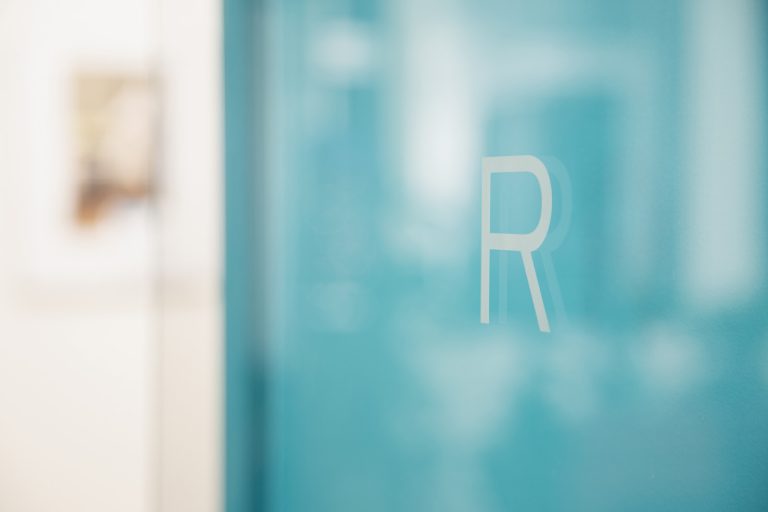With the desire of many Quebecers for a change of scenery, cottages and second homes are very popular. If you are planning to sell your little piece of paradise, there is still time to take advantage of the market.
However, there are a few things to consider before moving forward with your project. This is not a decision to be taken lightly, especially since it can have a very big impact on your portfolio.
Primary or secondary residence: what is the difference?
Before diving into the heart of the matter, it is important to mention that your principal residence is often the house in which you live and your secondary residence, the cottage on the shore of a lake or river, the cabin in the mountains or an income property.
For tax purposes, your principal residence can take many forms: house, cottage, condo or even an apartment in your rental building. Whether you own it or co-own it, if you, your spouse, your child or your former spouse live there at least part of the year, it can be designated as such.
If you are thinking of selling your secondary residence, you should know that you will have to add 50% of the capital gain realized at the time of the sale to your income when you file your annual income tax return. The tax rate varies depending on the situation and certain criteria such as the province where you live and your annual income. The taxable portion of the capital gain is added to all your other taxable income. It is therefore the total of your income that will determine the applicable tax bracket (marginal rate).
What you need to know about capital gains
The capital gain is the difference between the original purchase price of your property and the current sale price, taking into account certain deductible expenses.
If you are thinking of selling your second home, you should know that you will have to add 50% of the capital gain realized on the sale to your annual income tax return. Half of the profit will be taxable.
For example, if you bought a cottage for $300,000 several years ago, had no deductible expenses and it is now worth $500,000, the capital gain will be $200,000. Half of this amount will be taxable. You will have to include a $100,000 gain on your tax return.
Possible deductions
When you sell your second home, you can reduce your tax bill by deducting some of your capital gain expenses.
For example, you may be able to deduct the amount you paid to your real estate broker or the amount you paid for certain work you did on your cottage over the years. However, not all renovations qualify. Only those that actually improve the building, such as adding a garage, are deductible. It is also important to keep invoices to prove what improvements were made and their exact cost.
The “+ 1” rule
Sometimes we may have several primary residences during the year. This can happen when you sell your primary residence and have to temporarily live in your secondary residence while you look for a new property. In this case, you must declare both residences as principal for the tax year. Another alternative is to sell your family home and live permanently in your cottage and consider it your principal residence.
Did you know?
Did you know that couples can only designate one principal residence for each year of ownership? For example, one member of the couple cannot designate the townhouse as their principal residence and the other the cottage in the same year.
It is mandatory that Canadian taxpayers report the disposition of their principal residence on their income tax return and make the appropriate designation.
Make a wise choice
If you own a cottage that has increased in value more than your home in recent years, you may be able to get a tax break by designating it as your principal residence. If you have designated the cottage as your principal residence for one or more years when you sell your home, you may be partially or completely exempt from capital gains tax, depending on the elections you make. So if you’re looking to maximize your tax advantage, consider designating your principal residence wisely.
When it comes to selling a property, it’s important to ask the right questions. That’s where our real estate expertise comes in. Our experienced brokers can help you optimize the designation of your home and maximize your profits by assessing the value of your property and other key elements!



